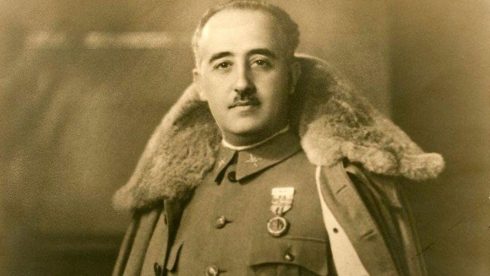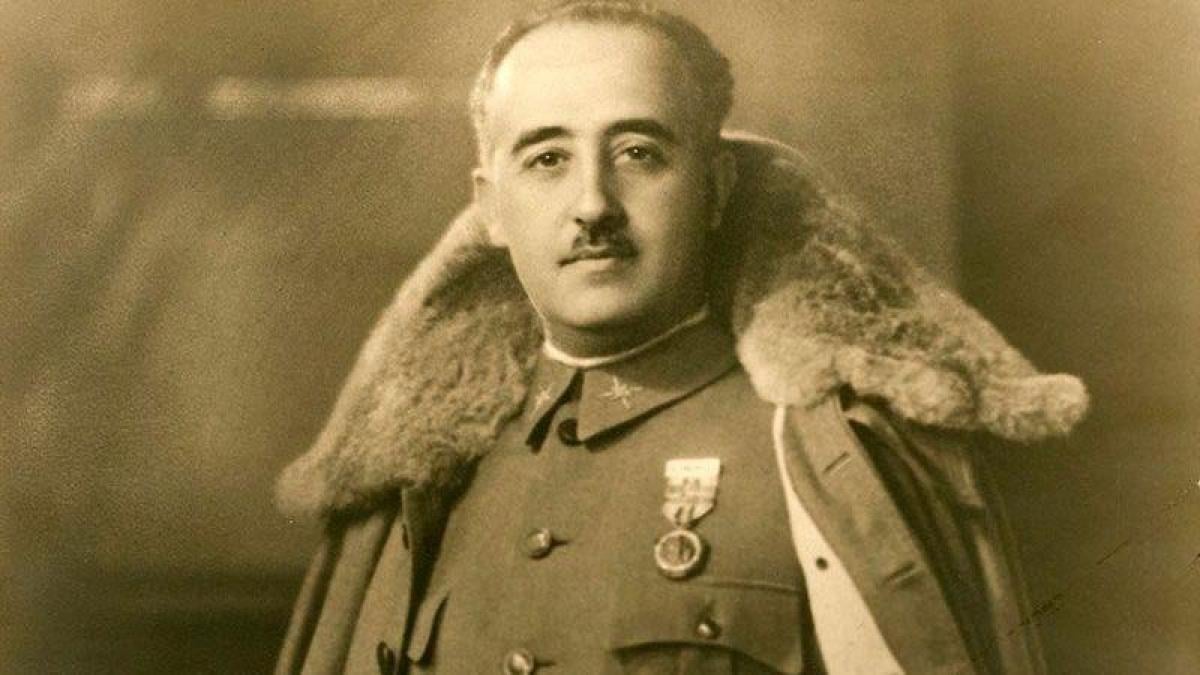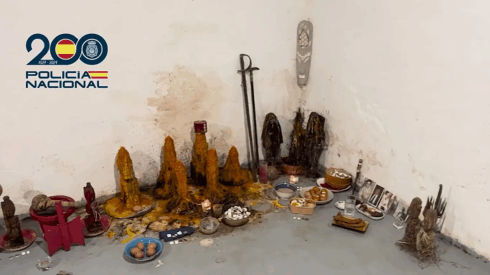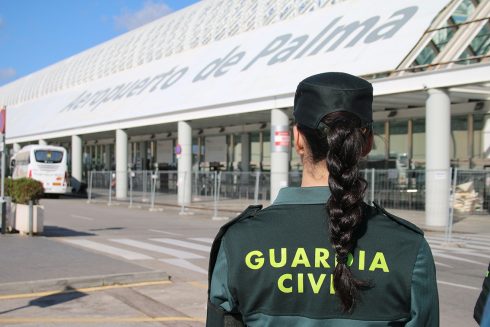NEARLY 50 years after the death of Spain’s former dictator Francisco Franco, the Spanish government has just announced that it will start the process to outlaw a foundation that not only honours his memory, but also is the custodian of 30,000 documents from his personal archive – including letters from Hitler.
The move was announced on Thursday by the culture minister, Ernest Urtasun, who explained in a video message published on social media that it was aimed at ‘scrupulously complying with’ the Democratic Memory Law.
The first stage of the process will involve the collection of information about the National Francisco Franco Foundation, to begin a legal process in the courts.
“The judges will have the last word,” the minister stated.
Read more: Falangists give fascist salutes as they pay homage to Primo de Rivera in Madrid
The Democratic Memory Law was passed in 2022 by the Socialist-led government, and is aimed at providing redress to the victims and their relatives of both the Civil War (1936-39), and the subsequent Franco dictatorship.
Among the dozens of measures it included was the renaming of the controversial war monument the Valley of the Fallen to the Valley of Cuelgamuros (the name of its location), a DNA bank to assist with the location of the tens of thousands of victims still lying in unmarked graves, and the stripping of medals from figures such as Franco himself and his collaborators.
The government is taking action against the Franco Foundation based on the part of the law that says such organisations shall be dissolved when they make ‘apologies for Franco’s regime, glorifying the coup d’etat and the dictatorship, or extolling its leaders, with contempt and humiliation for the dignity of the victims’.
Founded in 1976, as Spain was beginning its transition from dictatorship to democracy, the Foundation calls itself a ‘cultural institution, without political affiliation’.

Its website, however, contains numerous articles that praise the former dictator, even claiming that he ‘built the foundations upon which it was possible to construct the democracy that we enjoy’.
Speaking to Spanish newspaper El Pais in 2020, when the possibility of outlawing the foundation was first floated, its president, Juan Chicharro, vowed to fight any attempts to do so in the courts and even said he would move its headquarters outside of Spain if necessary.
Among the 30,000 documents the foundation holds, he said at the time, were ‘letters from Hitler, from Mussolini […].’ “Franco was very meticulous, he saved everything,” Chicharro explained.
Despite widespread criticism from historians, the foundation has so far refused to share these documents with any kind of public museum or research centre.
Click here to read more News from The Olive Press.








